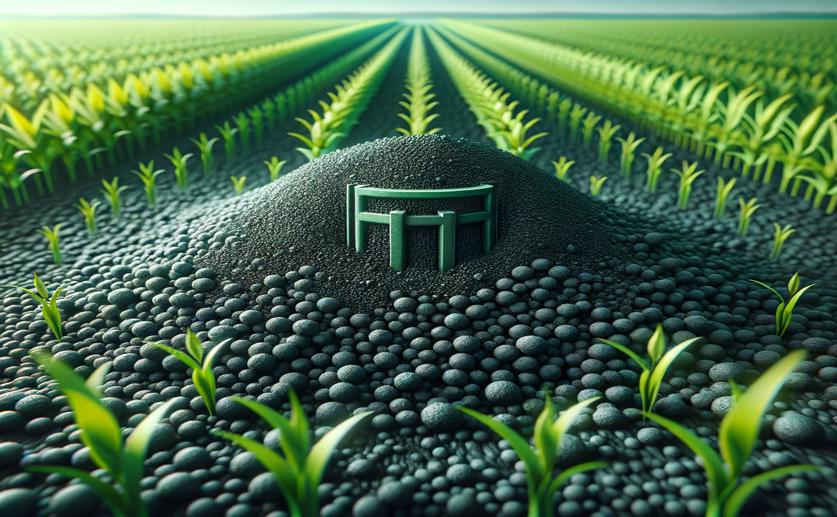
Iron-Enhanced Biochar: A Greener Fertilizer for Farming
Jim Crocker
9th May, 2024

Image Source: Natural Science News, 2024
Key Findings
- Researchers at the University of the Punjab turned banana peel waste into a soil enhancer called biochar
- The biochar was improved by adding iron oxide nanoparticles, boosting its water and nutrient retention
- This enhanced biochar proved to be an effective, eco-friendly fertilizer for growing okra
AgricultureEnvironmentSustainability
References
Main Study
1) Iron-doped biochar, an agricultural and environmentally beneficial fertilizer.
Published 8th May, 2024
https://doi.org/10.1007/s10661-024-12695-y
Related Studies
2) Effects of biochar and greenwaste compost amendments on mobility, bioavailability and toxicity of inorganic and organic contaminants in a multi-element polluted soil.
3) Seaweed for climate mitigation, wastewater treatment, bioenergy, bioplastic, biochar, food, pharmaceuticals, and cosmetics: a review.
4) Cadmium ion removal from aqueous media using banana peel biochar/Fe3O4/ZIF-67.
5) Energy balance and emissions associated with biochar sequestration and pyrolysis bioenergy production.
Journal: Environmental science & technology, Issue: Vol 42, Issue 11, Jun 2008



 16th March, 2024 | Greg Howard
16th March, 2024 | Greg Howard